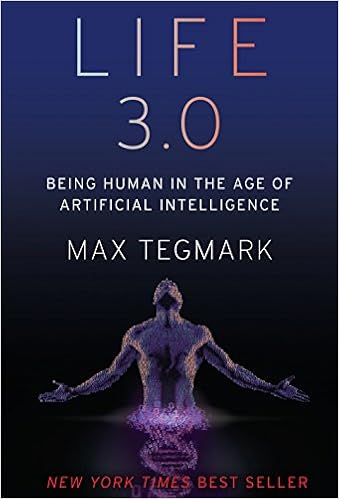
podcast interview with MIT Physicist Max Tegmark on Life 3.0: What We Do Makes a Difference
@ Singularity.FM
Life 3.0: Being Human in the Age of Artificial Intelligence: Max Tegmark: 9781101946596: Amazon.com: Books
The concept is interesting:
- Life 1.0: improvements by evolution, random changes & natural selection
- Life 2.0: improvements by learning: chancing "software"
- Life 3.0: improvements by design: intentional optimizing of "hardware"
While for human and other live biological species this concept is still a challenge,
for "cloud based" computers this is already a reality!
for "cloud based" computers this is already a reality!
Besides options to select HW for the task, such as faster IO, more memory, GPU,
they also offer FPGA: modifiable processors, where microcode can be changed to optimize for specific tasks, such as database, web servers, AI etc, it is possible to speed up 10 or more times.
Amazon and Microsoft already offer such option on their clouds:
Inside the Microsoft FPGA-based configurable cloud
"Azure Accelerated Networking... The bandwidth between two VMs inside Azure, even with a 40-gigabit network adapter on each VM, is only around 4Gbps per second; with FPGA-accelerated networking, that goes up to 25Gbps, with five to ten times less latency"
"Azure Accelerated Networking... The bandwidth between two VMs inside Azure, even with a 40-gigabit network adapter on each VM, is only around 4Gbps per second; with FPGA-accelerated networking, that goes up to 25Gbps, with five to ten times less latency"

For Google FPGA optimization seems to be not sufficient:
they prefer complete custom HW design, in particular for AI tasks.
they prefer complete custom HW design, in particular for AI tasks.
No comments:
Post a Comment